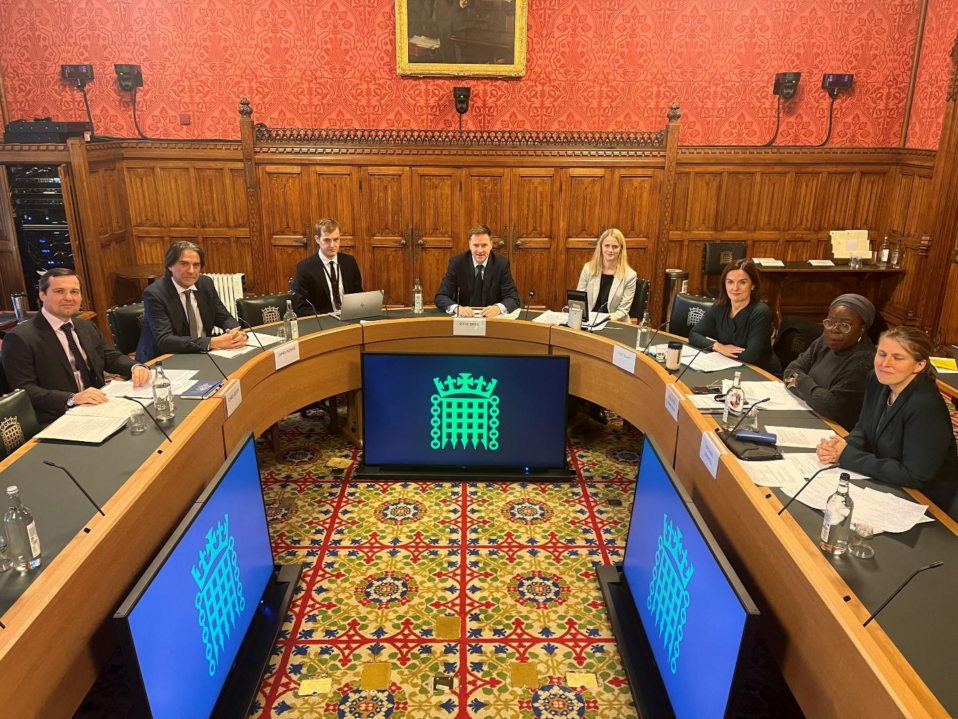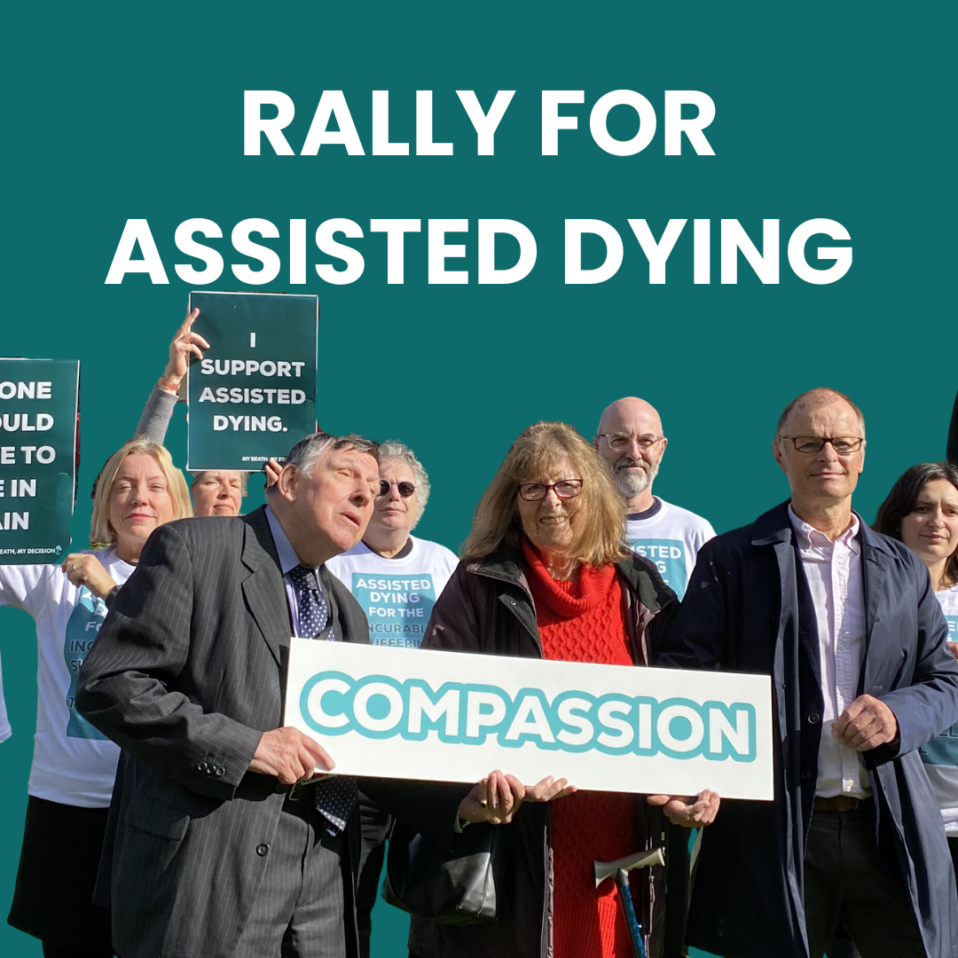In April 2017 MS sufferer Colin Campbell publicly stated his intention to end his life in Switzerland on June 15th 2017. Due to the intervention of fellow MS sufferer Rona Tynan, and the alternatives and assistance she helped him consider, Colin has deferred his appointment in Switzerland.
In October 2017 a BBC story and podcast discusses why Colin changed his mind. Colin is clear that he has deferred his Swiss appointment, rather than cancelled it, and Rona agrees that she supports assisted dying and respects Colin’s decision. One of the participants in the discussion was Mik Scarlet, a member of Not Dead Yet UK, a group of disabled people who oppose assisted suicide. Mik makes some very important points. “You can’t say you’ve made an informed decision if you don’t know about scooters or care plans.” He goes on to say “I do believe that eventually we will get assisted dying”, but he points out that this should not be permitted until all possible alternatives have been considered – including the services which may be able to make someone’s quality of life acceptable to them again, and the support to help them adjust to changed circumstances. He continues, “…then when people do get to the point when they want to die they got there at a point where it is real. It is not because they are not supported and they are not being helped.”
MDMD agrees with Mik on this. One of the problems with the legislation as it is today, is that people are taking their own life, either on their own, or with medical help in Switzerland, without necessarily having the full support that could make their quality of life acceptable to them again. Colin Campbell’s case suggests that many others may be suffering unnecessarily due to lack of access to available services.
Exactly what level of support is available, at the time it is needed, is of course down to politicians, social services, NICE, and ultimately to us, the voters. Demand is always likely to be higher than the state can provide. Whether the support available at the time it is needed is sufficient for the individual concerned, is a personal decision. But until there is a change in the law and people are encouraged to seek help before ending their life, tragic early deaths are bound to occur out of ignorance of the help available.
Importantly, when accepting help, people need to have the confidence that their end of life wishes will be respected in future – even if for them, a good death, means a medically assisted one. Without a change in the law, there is a risk that in accepting help, the ability to end one’s life unaided will be lost. This can give rise to a real fear of being trapped in a system that can’t help in the way the person wishes. This is another reason why today some people, even when well informed of available options, may choose to end their life too soon, while they still can, knowing that no one can legally help them later.
Where MDMD and some of those opposed to a change in the law may differ, is that to MDMD it is not acceptable for people suffering to be denied a good death now, in the hope of better care services at some distant unspecified point in the future, long after they have died unpleasantly. People need to make decisions about their lives, and their deaths, now, in the situations they find themselves – having fully considered all the options currently available. A well designed assisted dying law and activation procedure can help ensure that people who choose an assisted death do make a well informed choice. The present law does not do that and needs to be changed. With such a law in place, no one need suffer against their will. As care and support for incurably ill and dying people then continues to improve, we can anticipate that this could cause some people to delay or not request the assisted dying option.










Recent Comments